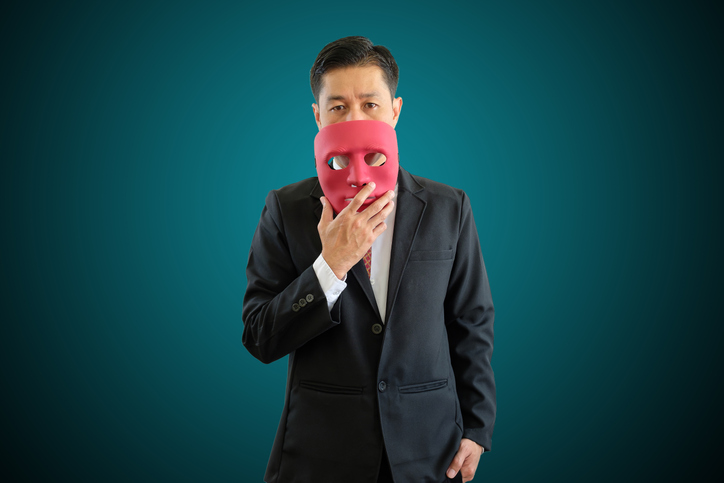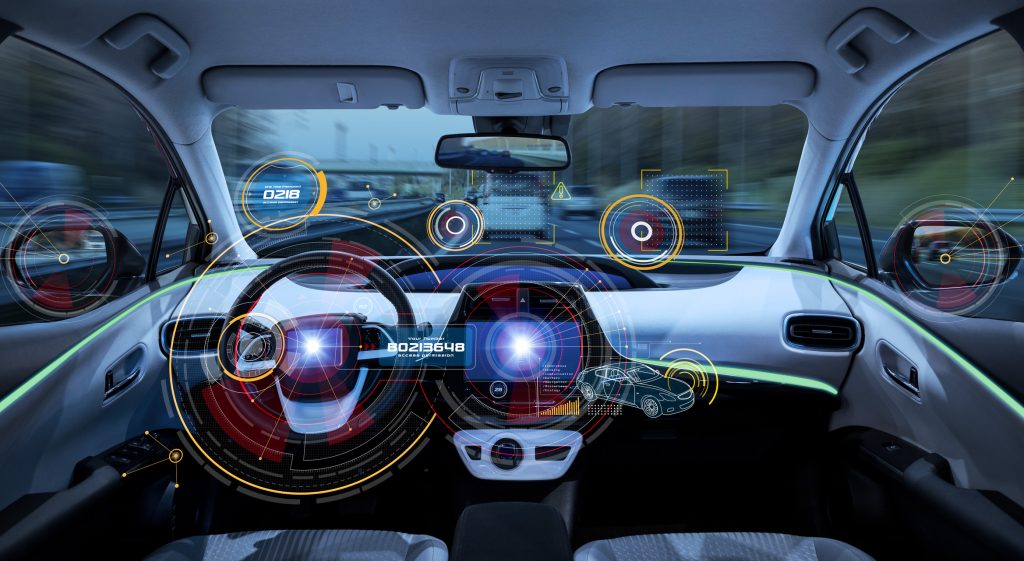 I have always enjoyed comedians who could impersonate someone. And, some personalities are easier to impersonate than others because of accents, facial movements, gestures, and speech patterns. If you close your eyes during their performances, you might even say they sound just like the person they are impersonating. Of course, once you open your eyes you can see it is a stunt.
I have always enjoyed comedians who could impersonate someone. And, some personalities are easier to impersonate than others because of accents, facial movements, gestures, and speech patterns. If you close your eyes during their performances, you might even say they sound just like the person they are impersonating. Of course, once you open your eyes you can see it is a stunt.
OK, fasten your seat belts, here we go again. This time it is about someone creating an audio or even a video of you or I saying something we never said, nor even had permission to use our image. Today’s artificial intelligence coupled with our digital authoring capabilities can now produce “clones” of you and me.
Read about it for yourself in the USA Today.
Creepy on many levels, but the authors point to ways things like this can be deeply effective with today’s social media. And, as with all too much about today’s digital world, the laws to protect us from these kinds of nefarious activities are woefully lagging.
 Now, here is an idea that you certainly can appreciate. Work less! Check it out for yourself. Read the
Now, here is an idea that you certainly can appreciate. Work less! Check it out for yourself. Read the  Well, I guess you need advice for a movie that runs longer than 3 hours without an intermission.
Well, I guess you need advice for a movie that runs longer than 3 hours without an intermission. As a Tesla owner I have witnessed the over the air evolution of my car over the past four years. I wake up and find a new feature available in my car that was downloaded overnight. On many levels, this is very satisfying, but I can also attest to some every day functionality that still has not been corrected, despite customer complaints. Never the less, I am extremely happy with this car. It is a testimony to excellent engineering, implicit simplicity of the design, and the power of on board computing. It is also fast as hell.
As a Tesla owner I have witnessed the over the air evolution of my car over the past four years. I wake up and find a new feature available in my car that was downloaded overnight. On many levels, this is very satisfying, but I can also attest to some every day functionality that still has not been corrected, despite customer complaints. Never the less, I am extremely happy with this car. It is a testimony to excellent engineering, implicit simplicity of the design, and the power of on board computing. It is also fast as hell. A recent article on the latest designs of high-rise condominiums illustrates how silly we are now about a focus on energy efficiency. Let’s be careful that all the work we have done to help save money and energy is not just showing up in excesses in other ways. We saw this with electric vehicles and even high mileage gasoline vehicles … people are prone to drive the cars more because it cost less to go anywhere.
A recent article on the latest designs of high-rise condominiums illustrates how silly we are now about a focus on energy efficiency. Let’s be careful that all the work we have done to help save money and energy is not just showing up in excesses in other ways. We saw this with electric vehicles and even high mileage gasoline vehicles … people are prone to drive the cars more because it cost less to go anywhere.